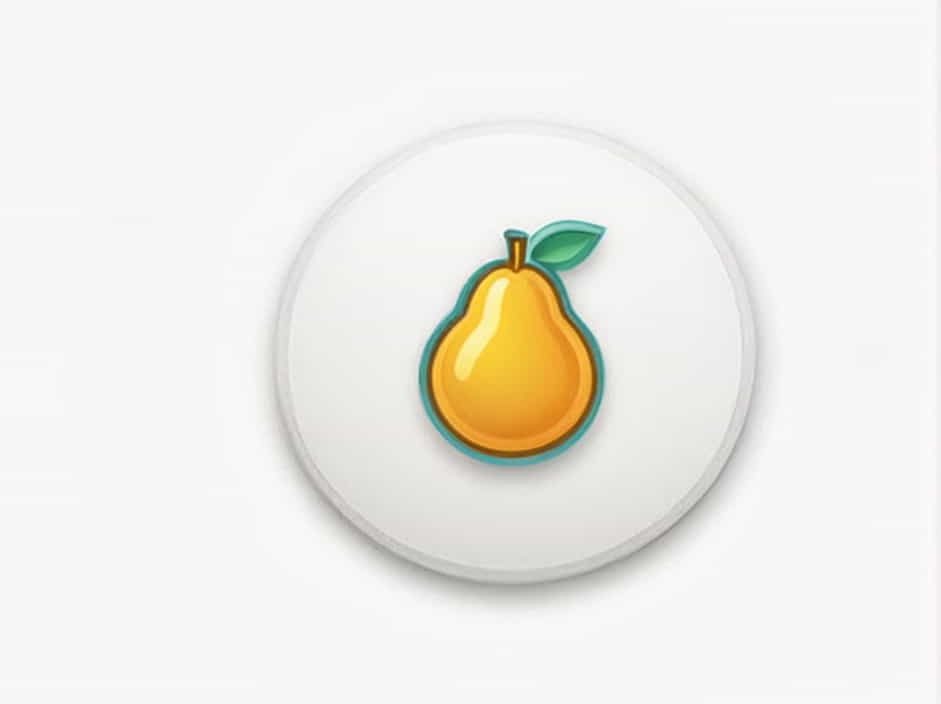Citric acid is a naturally occurring organic acid found in citrus fruits such as lemons, limes, and oranges. It is widely used in food, beverages, cosmetics, pharmaceuticals, and cleaning products due to its acidic properties and ability to act as a preservative, flavor enhancer, and pH regulator.
This topic explores the various uses of citric acid, its benefits, and why it is such an important ingredient in many industries.
What Is Citric Acid?
Chemical Structure and Properties
Citric acid is a weak organic acid with the chemical formula C₆H₈O₇. It is highly soluble in water and has a sour taste, which makes it ideal for use in food and beverages.
Natural vs. Synthetic Citric Acid
- Natural Citric Acid: Found in fruits like lemons, limes, and oranges.
- Synthetic Citric Acid: Produced from fermentation of Aspergillus niger, a type of mold. Most commercial citric acid is made this way.
Uses of Citric Acid in Different Industries
1. Food and Beverage Industry
Citric acid is one of the most commonly used food additives. It is added to various products for its tangy flavor, preservation, and pH regulation.
Common Food Uses of Citric Acid:
- Preservative: Prevents spoilage and extends shelf life.
- Flavor Enhancer: Adds a tart, citrusy taste to foods and drinks.
- pH Regulator: Controls acidity in soft drinks, jams, and canned goods.
- Emulsifier: Helps mix ingredients that would otherwise separate.
Examples of Foods Containing Citric Acid:
- Soft drinks and energy drinks
- Candies and gummy sweets
- Sauces, ketchup, and mayonnaise
- Canned fruits and vegetables
- Dairy products like cheese and yogurt
2. Pharmaceutical and Medical Uses
Citric acid is widely used in the pharmaceutical industry for its acidic properties, solubility, and preservative functions.
Common Medical Uses:
- Effervescent tablets: Helps dissolve medications quickly in water.
- Blood anticoagulant: Prevents blood clots in stored blood bags.
- pH regulator: Used in syrups and liquid medications.
- Kidney stone treatment: Helps reduce calcium buildup in the kidneys.
3. Skincare and Cosmetic Products
Citric acid is a popular ingredient in skincare and beauty products due to its exfoliating and pH-balancing properties.
Common Cosmetic Uses:
- Exfoliator: Helps remove dead skin cells and improve skin texture.
- pH Adjuster: Maintains the right acidity in shampoos, creams, and serums.
- Preservative: Prevents microbial growth in lotions and beauty products.
Examples of Skincare Products Containing Citric Acid:
- Facial cleansers and toners
- Anti-aging creams
- Hair care products
- Bath bombs and soaps
4. Household Cleaning Products
Due to its natural acidity, citric acid is used in eco-friendly cleaning products. It effectively removes hard water stains, soap scum, and rust.
Common Cleaning Uses:
- Descaling agent: Removes limescale from kettles and coffee machines.
- Stain remover: Cleans rust and mineral deposits from surfaces.
- Glass cleaner: Leaves windows and mirrors streak-free.
- Dishwashing aid: Helps prevent water spots on dishes.
5. Industrial Applications
Beyond household use, citric acid plays a role in industrial and chemical manufacturing.
Key Industrial Uses:
- Metal cleaning: Removes oxidation and rust from metal surfaces.
- Plastic and textile production: Helps in dyeing and printing fabrics.
- Biodegradable alternative: Used in eco-friendly cleaning and packaging.
6. Agriculture and Animal Feed
Citric acid is also beneficial in agriculture and livestock nutrition.
Agricultural Uses:
- Soil treatment: Helps adjust soil pH for better crop growth.
- Fertilizers: Improves nutrient absorption in plants.
Animal Feed Uses:
- Enhances digestion: Improves nutrient absorption in poultry and livestock.
- Natural preservative: Prevents mold growth in feed.
Benefits of Using Citric Acid
1. Natural Preservative
Citric acid prevents bacterial growth and extends the shelf life of food and beverages.
2. Environmentally Friendly
Unlike harsh chemicals, citric acid is biodegradable and non-toxic, making it an eco-friendly cleaning alternative.
3. Safe for Consumption and Use
Citric acid is generally recognized as safe (GRAS) by the FDA when used in appropriate amounts.
4. Enhances Nutrient Absorption
Citric acid improves iron absorption, which is beneficial for individuals with iron deficiency anemia.
5. Affordable and Versatile
It is cost-effective and widely available for various industrial and household applications.
Safety and Precautions When Using Citric Acid
Is Citric Acid Safe?
While citric acid is generally safe, excessive use can cause irritation or sensitivity.
Potential Side Effects of Citric Acid:
- Skin irritation: High concentrations may cause redness or itching.
- Tooth enamel erosion: Excessive citric acid consumption (e.g., in sodas) can weaken teeth.
- Stomach irritation: Overuse in supplements or medications may cause digestive discomfort.
Safety Tips:
- Always dilute citric acid when using it for cleaning.
- Use moderate amounts in food and skincare products.
- Store citric acid in a dry place away from moisture.
Citric acid is a versatile and essential compound used in food, beverages, pharmaceuticals, cosmetics, and household cleaning. It serves as a natural preservative, pH regulator, and flavor enhancer, making it an invaluable ingredient in many industries.
Its eco-friendly nature and affordability make it a preferred alternative to harsh chemicals. However, proper usage and precautions should always be taken to avoid overexposure.
Whether it’s improving the taste of your favorite drink, keeping your skincare routine effective, or helping with household cleaning, citric acid remains an indispensable ingredient in everyday life.
